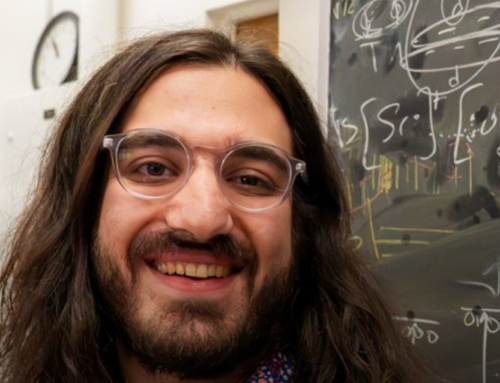A recent Quantum paper with lead author Alex Dalzell prompted the IEEE Spectrum article “How Many Qubits Are Needed for Quantum Supremacy? (Whether Google achieved quantum supremacy depends on perspective)”.
Alex Dalzell
In the end, “have we reached quantum computational supremacy when we’ve done something that we don’t know how to do with a classical device? Or do we really want to be confident that it’s impossible even using algorithms we might have not yet discovered?” Dalzell asks. “Google seems to be pretty clearly taking the former position, even acknowledging that they expect algorithmic innovations to bring down the cost of classical simulation, but that they also expect the improvement of quantum devices to be sufficient to maintain a state of quantum computational supremacy. They rely on arguments from complexity theory only to suggest that extreme improvements in classical simulation are unlikely. This is definitely a defensible interpretation.”
Read the full Quantum paper for further discussion about refining quantum computational supremacy arguments and calculations to determine the number of qubits required. Alexander M. Dalzell, Aram W. Harrow, Dax Enshan Koh, and Rolando L. La Placa, How many qubits are needed for quantum computational supremacy? Quantum 4, 264 (May 2020) arXiv:1805.05224v3




